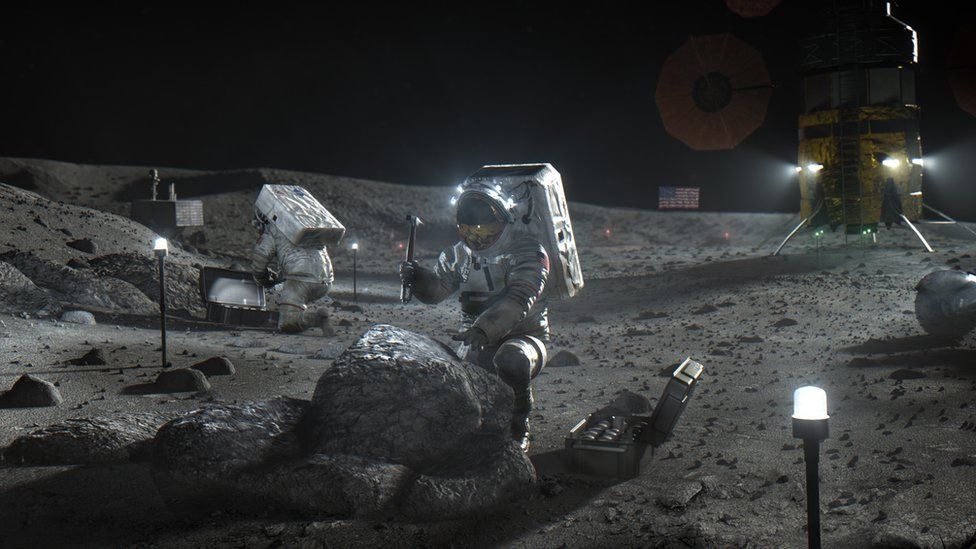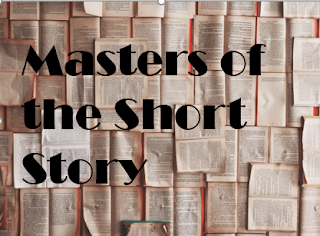Each Tuesday, rather than a POSSIBLY IRRITATING ESSAY, I'd like to both challenge you and lend a helping hand. I generate more speculative and teen story ideas than I can ever use. My family rolls its collective eyes when I say, "Hang on a second! I just have to write down this idea..." Here, I'll include the initial inspiration (quote, website, podcast, etc.) and then a thought or two that came to mind. These will simply be seeds -- plant, nurture, fertilize, chemically treat, irradiate, test or stress them as you see fit. I only ask if you let me know if anything comes of them. Regarding Fantasy, this insight was startling: “I see the fantasy genre as an ever-shifting metaphor for life in this world, an innocuous medium that allows the author to examine difficult, even controversial, subjects with impunity. Honor, religion, politics, nobility, integrity, greed—we’ve an endless list of ideals to be dissected and explored. And maybe learned from.” – Melissa McPhail.
Fantasy Trope: The Quest
Current Event: http://contemplativequest.com/, http://en.wikipedia.org/wiki/Alice's_Adventures_in_Wonderland
Světlana Angelika pursed her lips, looking out over the hectares of forest. In the MSP Vertical Village, it was mostly deciduous trees – oak, maple, patches of white-barked birch, poplar – with a sprinkling of pine trees. The concourse she and Uthman Aali were on was packed with people. Not a hundred thousand, for sure, but too many to think. “We need to go somewhere,” she said abruptly, speaking in the too loud manner of all the inhabitants of Vertical Villages everywhere.
Uthman gave her a look that said, “You’re crazy.”
She slugged him in the shoulder. It was a little kid move – but then, they’d been friends since they were three years old. “No, I’m serious. We need to go somewhere real.”
Without changing his stare, Uthman said, “We can go up to the six hundredth floor...”
Current Event: http://contemplativequest.com/, http://en.wikipedia.org/wiki/Alice's_Adventures_in_Wonderland
Světlana Angelika pursed her lips, looking out over the hectares of forest. In the MSP Vertical Village, it was mostly deciduous trees – oak, maple, patches of white-barked birch, poplar – with a sprinkling of pine trees. The concourse she and Uthman Aali were on was packed with people. Not a hundred thousand, for sure, but too many to think. “We need to go somewhere,” she said abruptly, speaking in the too loud manner of all the inhabitants of Vertical Villages everywhere.
Uthman gave her a look that said, “You’re crazy.”
She slugged him in the shoulder. It was a little kid move – but then, they’d been friends since they were three years old. “No, I’m serious. We need to go somewhere real.”
Without changing his stare, Uthman said, “We can go up to the six hundredth floor...”
“No! I don’t mean here. This is all so...boring. We need to go,” she pause, “through a looking glass.”
“A what?”
“A looking glass! Haven’t you ever read Alice in Wonderland?”
“I might have seen a threevee of it once. Wasn’t it a cartoon?”
“Yes – and no, you haven’t seen this. Lewis Carroll wrote a novel, it’s true. But he was a mathematician. His logic is all over the book. Math. Everything.”
Uthman snorted, “It sounds like science fiction.”
“It’s fantasy – she steps through a mirror.”
“If it’s math and logic, it’s science fiction.”
“There are talking rabbits,” said Světlana. “And a talking, disappearing cat. As well as a talking, smoking caterpillar, talking mice, and soldiers made of playing cards.”
“OK. You win. It’s a fantasy. But what does it have to do with us? What kind of mirror can we jump through? I’m sure there are some here – but...”
“The windows. We can jump through one of those.”
“A window?”
“Come on, let’s go to the outer walls. We’ll leap through one of those!” She turned and ran, Uthman running after her.
Names: ♀ Czech, Roman; ♂ Arabic, Hindu
Image:
https://i.pinimg.com/originals/98/71/e5/9871e52bbc09c525af21b8f6471eab15.jpg
“A what?”
“A looking glass! Haven’t you ever read Alice in Wonderland?”
“I might have seen a threevee of it once. Wasn’t it a cartoon?”
“Yes – and no, you haven’t seen this. Lewis Carroll wrote a novel, it’s true. But he was a mathematician. His logic is all over the book. Math. Everything.”
Uthman snorted, “It sounds like science fiction.”
“It’s fantasy – she steps through a mirror.”
“If it’s math and logic, it’s science fiction.”
“There are talking rabbits,” said Světlana. “And a talking, disappearing cat. As well as a talking, smoking caterpillar, talking mice, and soldiers made of playing cards.”
“OK. You win. It’s a fantasy. But what does it have to do with us? What kind of mirror can we jump through? I’m sure there are some here – but...”
“The windows. We can jump through one of those.”
“A window?”
“Come on, let’s go to the outer walls. We’ll leap through one of those!” She turned and ran, Uthman running after her.
Names: ♀ Czech, Roman; ♂ Arabic, Hindu
Image:
https://i.pinimg.com/originals/98/71/e5/9871e52bbc09c525af21b8f6471eab15.jpg


.jpg/220px-Falcon_9_Demo-2_Launching_6_(3).jpg)


